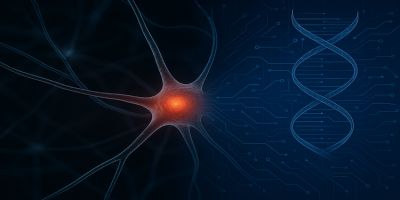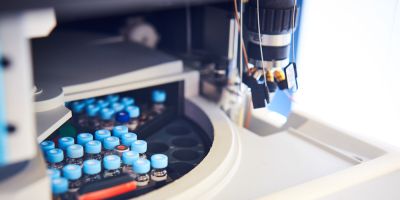Major EU Horizon 2020 award secured by Andrew Nelson, and Shahrzad Mohamadi wins prize for first results from project.
Professor Andrew Nelson, with support from Dr Karen Steenson in Engineering, has won a major Horizon 2020 EUR6.3 million award HISENTS with EUR1.4 million coming to Leeds.
The contract was landed in the face of very stiff competition from leading European laboratories and Andrew's project was one of only two out of 22 which passed the final hurdle. One of the most appealing aspects of the research was its high impact value and this was recognised by one of the evaluators who was an industrialist.
HISENTS has eleven partners including Leeds, as coordinator, and extends across Europe to Israel (see above photo of the Consortium at the Kick Off Meeting in Manchester earlier in the year). HISENTS stands for High level Integrated Sensor for Nanotoxicity Screening with a vision that is an extension of Andrew's ORGANISENSE toxicity sensing technology, and which follows on from Andrew's previous successful EU FP7 project, ENNSATOX. The ambitious aim is to develop a third generation human-on-chip screening platform primarily for assessing the toxicity of newly developed nanomaterials but with the added value of screening pharmaceuticals and toxicants.
The project will introduce an innovative multimodular high throughput screening platform (HTP) including a set of individual flow modules each representing a critical physiological function (for instance: cell membrane, liver, kidney, lung, placenta) connected and integrated in a hierarchical vectorial manner by a microfluidic network. At the same time a physiologically based pharmacokinetic (PBPK) simulation will be aligned with the experimental platform.
HISENTS began on April 2016 and since that time Andrew has assembled a team of 16 including academics, projects managers, post-docs and PhD and project students across Chemistry and Engineering. We are now approaching our first consortium meeting in Brussels and have achieved our initial project success. Dr Shahrzad Mohamadi (above photo, bottom right) won second prize out of 29 speakers for her talk at the 2nd NanoSafety Forum for Young Scientists in Visby, Sweden in September. In this talk she presented the preliminary results from HISENTS which clearly impressed the talk evaluators. Her talk described the project's background technology, included comprehensive results on the effect of gold nanoparticles on biomembrane structures and described some of the plans for miniaturising and integrating the screening platform.
Website: www.hisents.eu




